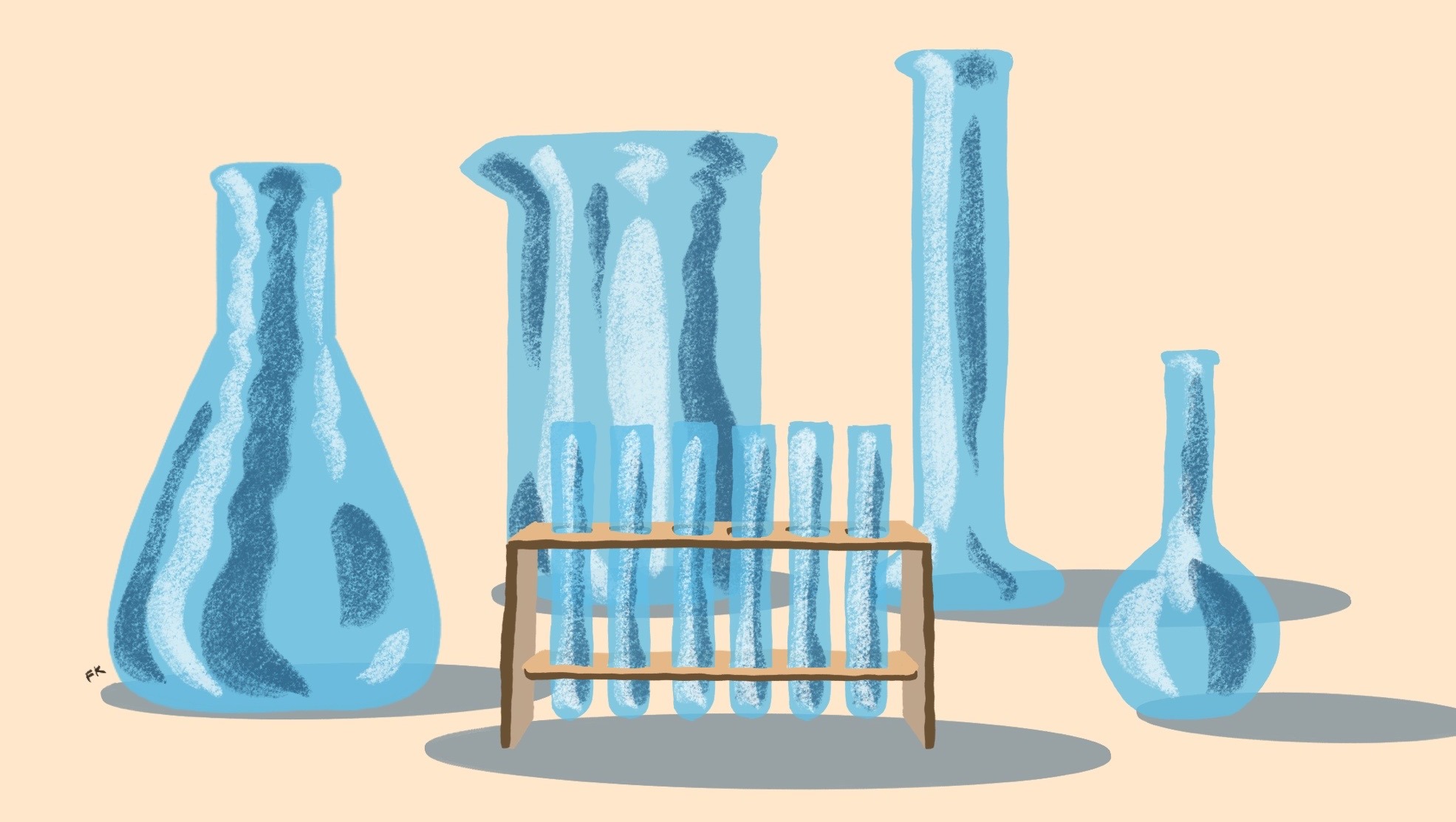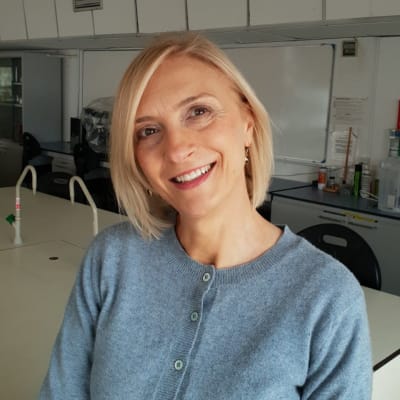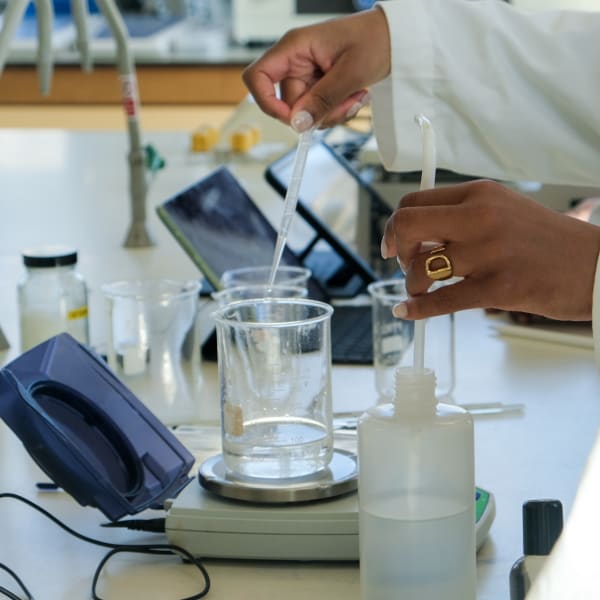Course units
Cosmetic Science Foundations (hybrid: taught online and at the mandatory residential school)
This unit will develop your knowledge of the chemical and functional groups of materials that are most commonly present in cosmetic products, the principles of formulating skincare, haircare and decorative cosmetic products and the techniques for product characterisation. The mandatory residential school will give you direct experience of product formulation, the use of analytical equipment and appropriate data recording.
Cosmetic Safety and Efficacy (online only)
This unit will introduce you to skin and hair anatomy and physiology in the context of age, health and genetics. You will learn principles of toxicology and safety assessment of cosmetics in the context of cosmetic regulation for consumer and environmental protection. You will be introduced to the principles of product evaluation and good study design, and in combination with your knowledge of skin and hair, will develop a critical understanding of the role of product claims for new product development.
Cosmetic Business and Enterprise (online only)
This unit will develop your critical understanding and ability to apply key theoretical concepts and frameworks of business management, including production and supply chain management, finance and stakeholder management. A specific focus of the unit will be how innovation and sustainability drive the creation of new cosmetic brands.
Cosmetic Science Innovation (online only)
This unit will develop your understanding of the drivers of scientific innovation relevant to cosmetics. Currently, such technologies include 3D tissue printing, various in vitro and in silico technologies, advanced delivery models for actives, novel analytical techniques, and applications of Artificial Intelligence in research and innovation. The impact of these and future developments on climate and social justice will be appraised too.
Cosmetics Marketing in Practice (online only)
This unit will focus on the application of models and frameworks for market analysis and strategic growth in the context of a cosmetic business. It will emphasise the local and global cultural, ethical and environmental contexts within which consumers interact with cosmetics and how these can influence innovation.
Research Methods (online only)
This unit will develop your critical understanding and ability to apply a range of qualitative and quantitative research methods appropriate for gathering consumer insights and other marketing data, planning and conducting experimentation and conducting critical literature reviews. Through the identification of an area of interest you will be well prepared for the execution of a robust master’s dissertation proposal.
MSc Project (online only)
This unit presents the opportunity to conduct an investigation along one of the following three pathways:
- a theoretical investigation of a scientific topic resulting in a critical review paper;
- planning and conducting experimentation and producing a scientific report;
- research and preparation of a business plan.
All topics are expected to be at the forefront of the respective disciplines and will be informed by current scholarship and research practices.
This course does not offer optional units. All units are core units and therefore mandatory, including the residential component of the unit “Cosmetic Science Foundations”.



